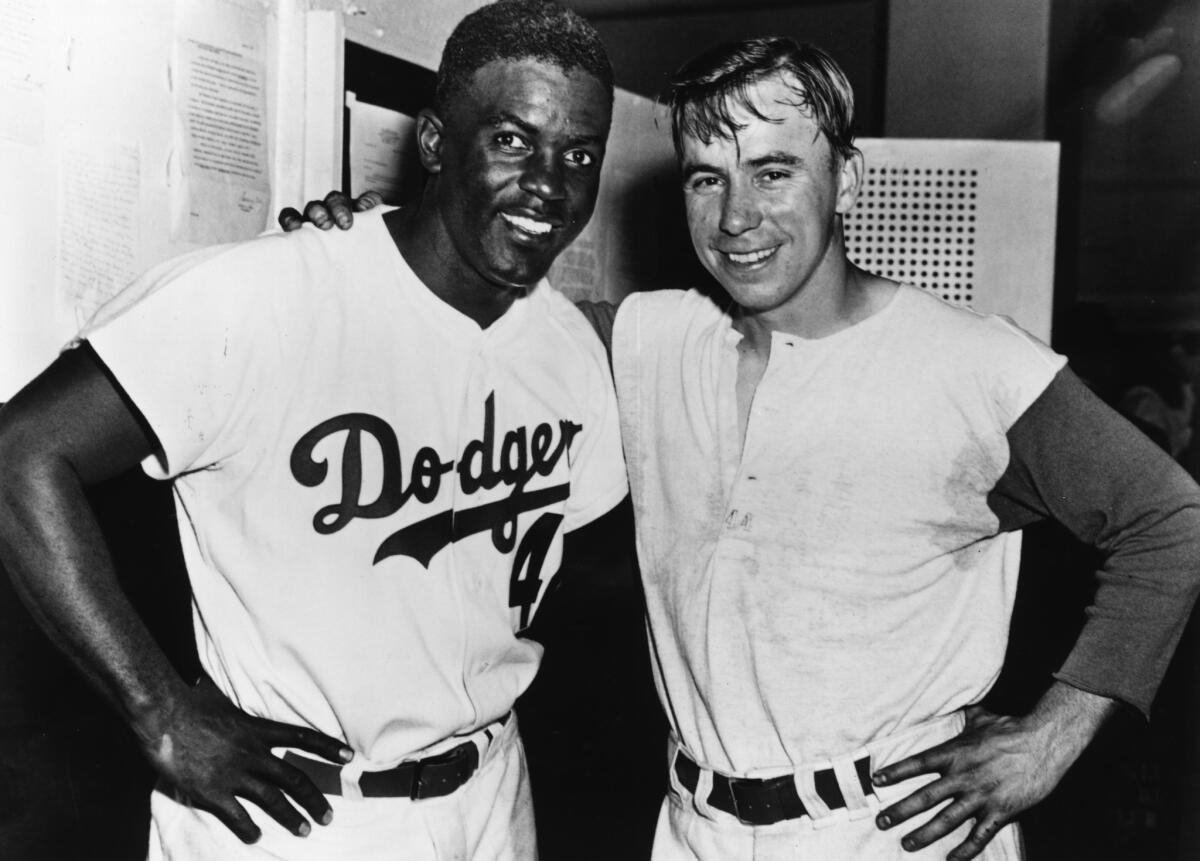A Word, Please: What do you know of the tiny word ‘of’?

- Share via
For a tiny word, “of” causes a lot of trouble. It pops up where it doesn’t belong in sentences like “I should of known.” It baffles even word-savvy users in expressions like “too big of a deal.” And it has an uncanny power to promote wordy, inefficient prose.
If you grew up speaking English, you never really had to learn “of.” Unlike “photosynthesis” or “gerrymander” or “noun” or any other word that teachers actively teach, “of” is so fundamental to the language that we can use it intuitively almost as soon as we start stringing sentences together.
A lot of English speakers probably don’t know that “of” is a preposition. Most of us couldn’t give a good definition for it. And most of us, if we ever looked it up in a dictionary, would struggle to understand what we were reading. For example, here’s the first definition of “of” in Merriam-Webster’s: “used as a function word to indicate a point of reckoning: ‘north of the lake.’” Here’s definition two: “used as a function word to indicate origin or derivation: ‘a man of noble birth.’”
When you think about how poorly we understand “of,” it’s amazing we can use it at all. No wonder we stumble sometimes.
“Could of,” “should of” and “would of” are common errors, as in “I could of been injured” or “I should of gotten the job.” These are understandable mistakes, considering that the correct contractions, “could’ve,” “should’ve” and “would’ve” sound identical. But don’t expect a lot of sympathy if you get these wrong. Usage guides use terms like “partly educated” and “semiliterate” to describe this use of “of” in place of “have.” And when writers use “of” this way on purpose, it’s usually in dialogue to show a character is uneducated. An example from “The Great Gatsby”: “If I hadn’t met Chester he’d of got me sure.”
Here are some of the supposed grammar rules an expert used to hear more than she used to.
Terms like “too big of a deal” are harder. Well-educated people use this structure all the time. “I don’t want to be considered too good of a loser,” New York Mayor Ed Koch once said. “How big of a carrier task force?” news anchor Jim Lehrer once asked. “It won’t be that long of a speech” shortstop Pee Wee Reese said in 1984. In all these cases, the “of” can go. Koch would have done better with “too good a loser.” Lehrer could have asked “how big a carrier task force?” A speech that doesn’t go on forever is “not that long a speech.”
I suspect “much of” adds to the confusion. “Much of” is usually correct. “You don’t want too much of a good thing.” “I haven’t seen much of him lately.” “He’s not much of a singer.” So when we want to say “too long a” or “how big a,” our experience with “much” makes it seem natural to put “of” in there.
But they’re not the same. In “much of,” the word “much” is a noun. But those flubs with “of” all involve an adjective — big, long, good, etc. Also, “much” has an idiomatic relationship with “of,” as do “most,” “many,” “few” and similar nouns.
Not sure if you need your “of”? Try taking it out. If “not too long a speech” sounds right, that’s because it is. If “I haven’t seen much him lately” sounds wrong, which it is, put “of” back in.
Finally, “of” can be a red flag for wordy, inefficient writing. “By the mid-1980s, many of these politicians were seen as a big part of the problem not only in terms of poor economic performance but also in terms of political authoritarianism,” noted a 1996 article in the Journal of Asian and African Studies. Garner’s Modern American Usage shows how to revise this sentence, cutting all but one “of” while also cutting the word count: “By the mid-1980s, many of these politicians were seen as having contributed to the problem both through poor economic performance and through political authoritarianism.”
Watch for too many “ofs,” especially in the expression “in terms of.” If you see them, just look for ways to make the sentence better.
June Casagrande is the author of “The Joy of Syntax: A Simple Guide to All the Grammar You Know You Should Know.” She can be reached at [email protected].
All the latest on Orange County from Orange County.
Get our free TimesOC newsletter.
You may occasionally receive promotional content from the Daily Pilot.



